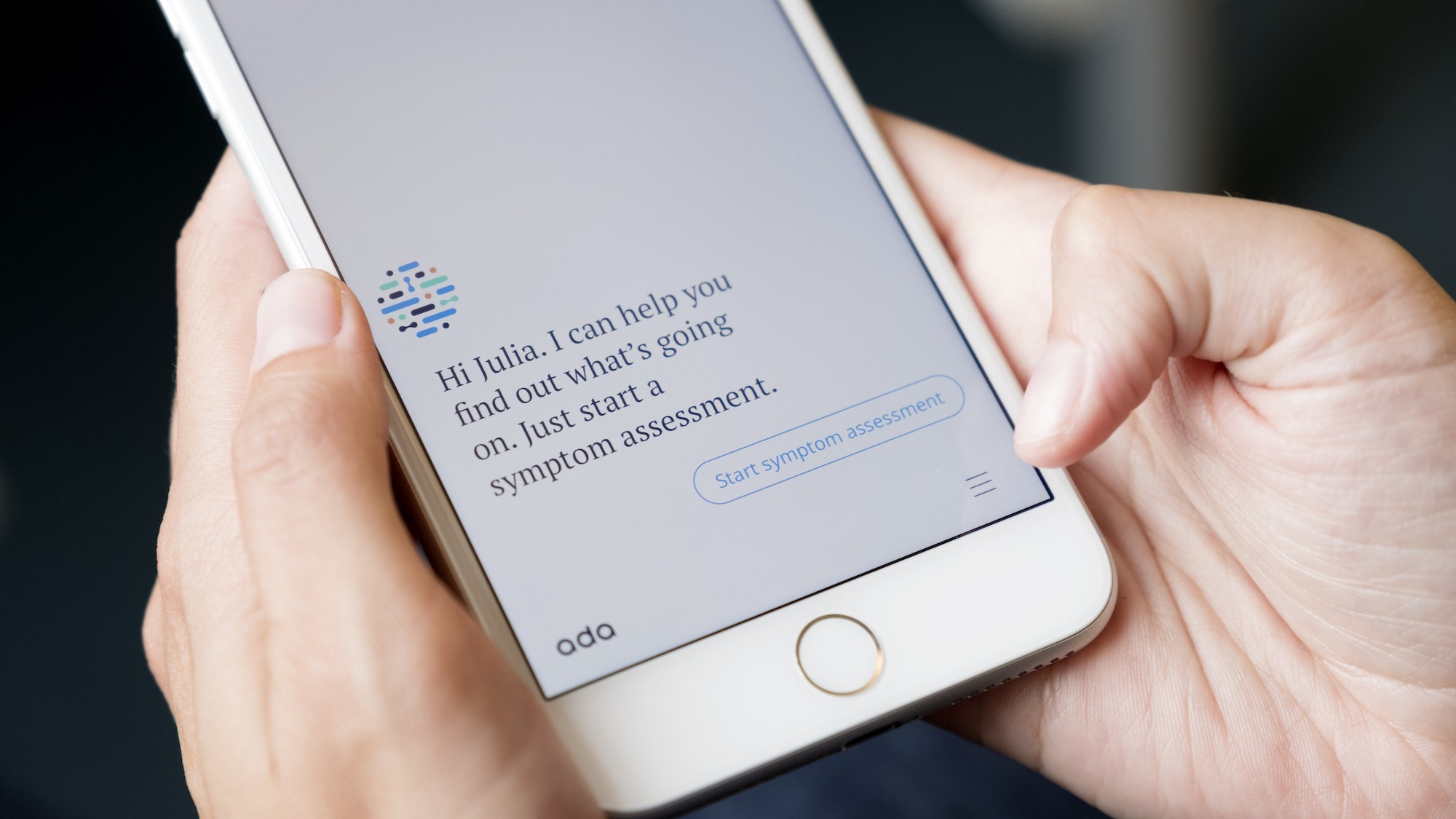Ada Health has developed the app, which combines a medical database with intelligent reasoning technology to help users understand what might be causing their symptoms. Its the world’s first artificial intelligence (AI) based health guidance app in Swahili has been launched to help improve healthcare for more than 100 million people in East Africa.
The free app then provides patients with guidance about what steps they should take, helping them make informed decisions about their health, while complementing and supporting existing healthcare services.
Berlin-based Ada Health said that it had developed the app to address the lack of access to basic health services in the area of Africa where Swahili is commonly spoken.
This includes several countries, among them Tanzania, Kenya, Uganda, Mozambique and Somalia, where Ada hops that the app will particularly improve health information and advice for young people and their families.
The Swahili version of the app, which is available on both iOS and Android, has been developed in partnership with Fondation Botnar, a Swiss foundation focused on improving health and wellbeing of young people in low- and middle-income countries through technology.
The Muhimbili University of Health and Allied Sciences in Dar Es Salaam in Tanzania was the other development partner.
Ada said it had worked with local partners, clinicians, and healthcare organisations to overcome several unique challenges.
For instance, doctors are trained and taught in English in East Africa, and many medical and anatomical terms do not have direct translations in Swahili.
For many medical terms, words are simply transposed into Swahili when translated from English: an i is put at the end; c’s are switched into k’s, but the word is not fully translated.
For example, the translation for inflammation is inflamesheni, but people that don’t speak English wouldn’t necessarily use that term or know what it means. In order to address this, Ada includes an explanation for the meaning of inflamesheni in Swahili in brackets.
Not all diseases have Swahili names – particularly rare diseases. For these, the English name is used in the app, and a detailed Swahili description is provided when the user clicks on it.
Ada also optimised 160 disease models to ensure that the app could factor in conditions and symptoms that are more common in Tanzania and East Africa than other parts of the world.
This included many maternal and child health issues, chronic heart and mental health-related conditions and infectious diseases like malaria, HIV and diphtheria, tetanus and pertussis.
Ada is now laying the groundwork to integrate the app into the health system, and researching which individuals can benefit from Ada, and inform future enhancement and adaptations.
Through its collaboration with Fondation Botnar, Ada is also launching its health app in Romanian.
The Romanian version of Ada includes 20 disease models adapted for the region and was created in collaboration with local doctors.



